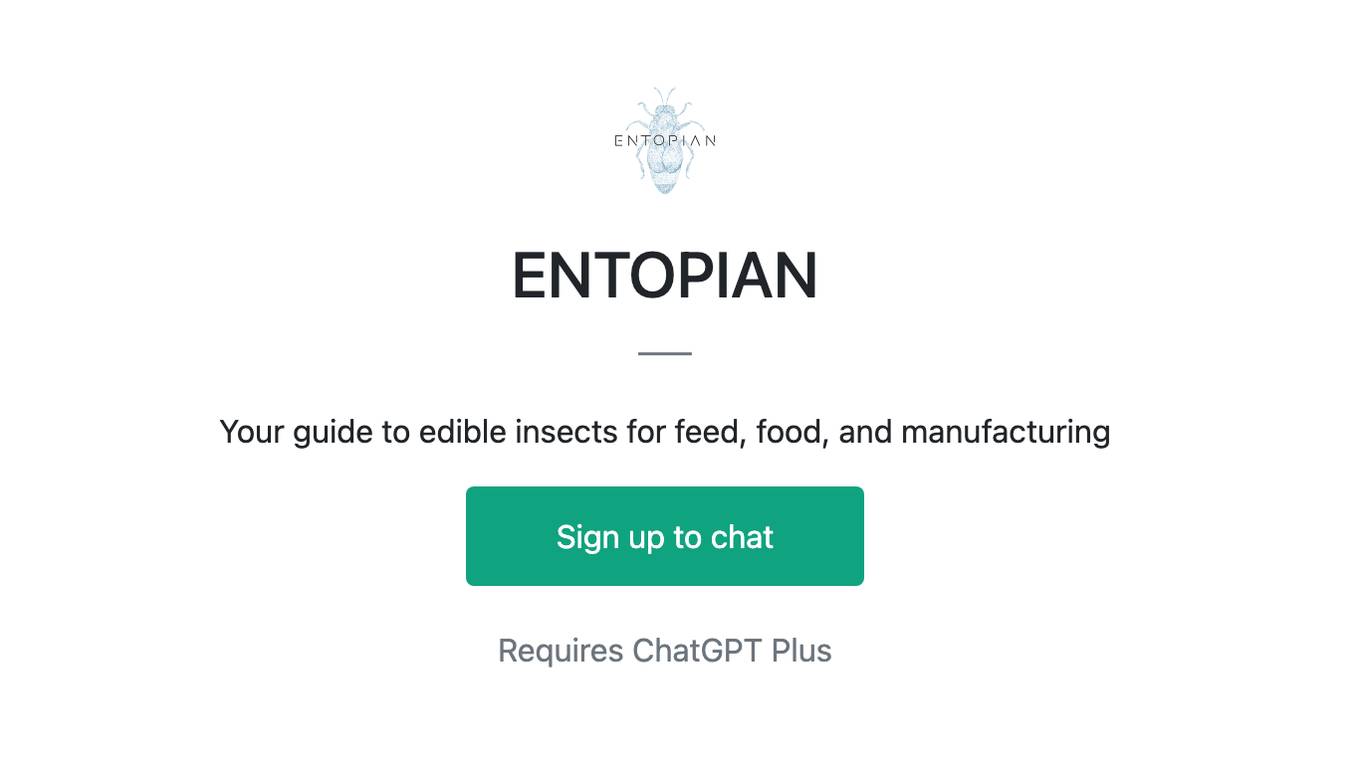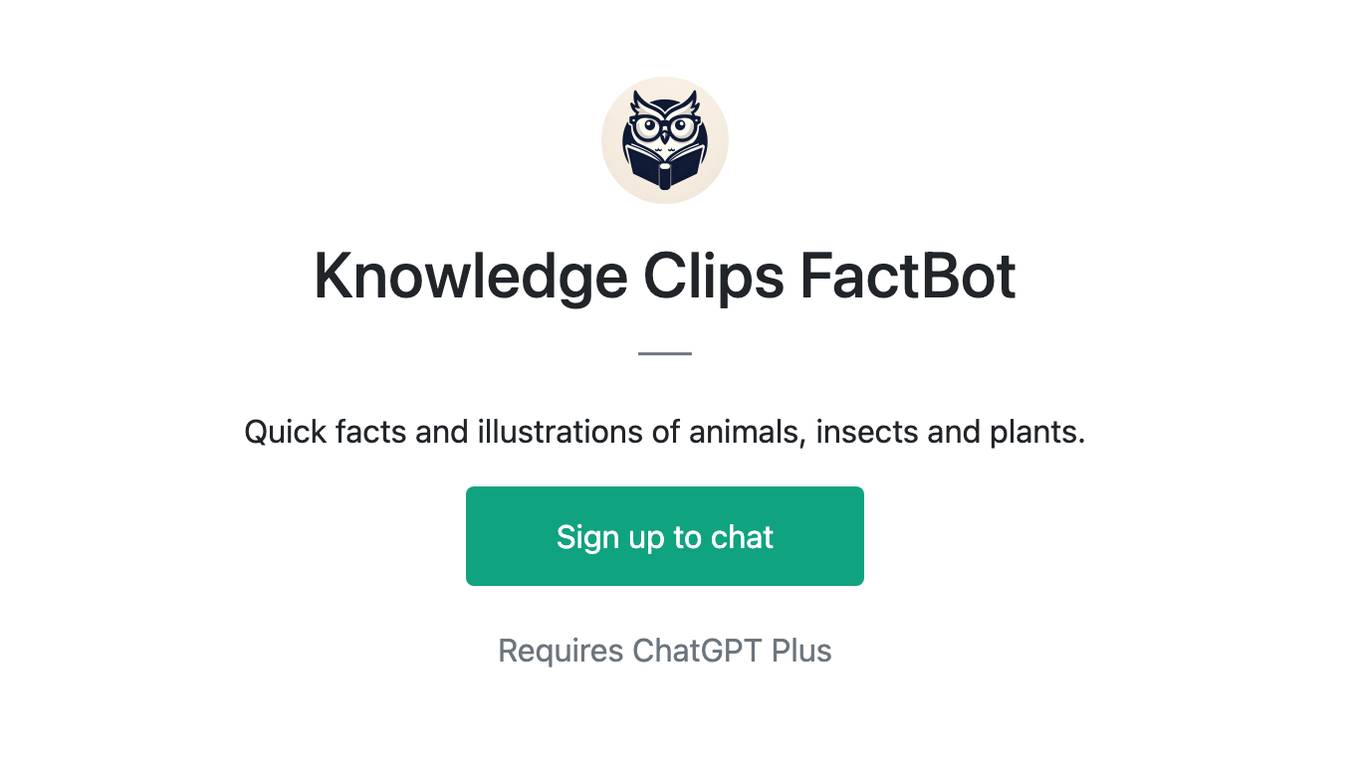Best AI tools for< Inject Tasks >
5 - AI tool Sites

Lily AI
Lily AI is an e-commerce product discovery platform that helps brands increase sales and improve customer experience. It uses artificial intelligence to understand the language of customers and inject it across the retail ecosystem, from search to recommendations to demand forecasting. This helps retailers connect customers with the relevant products they're looking for, boost product discovery and conversion, and increase traffic, conversion, revenue, and brand loyalty.
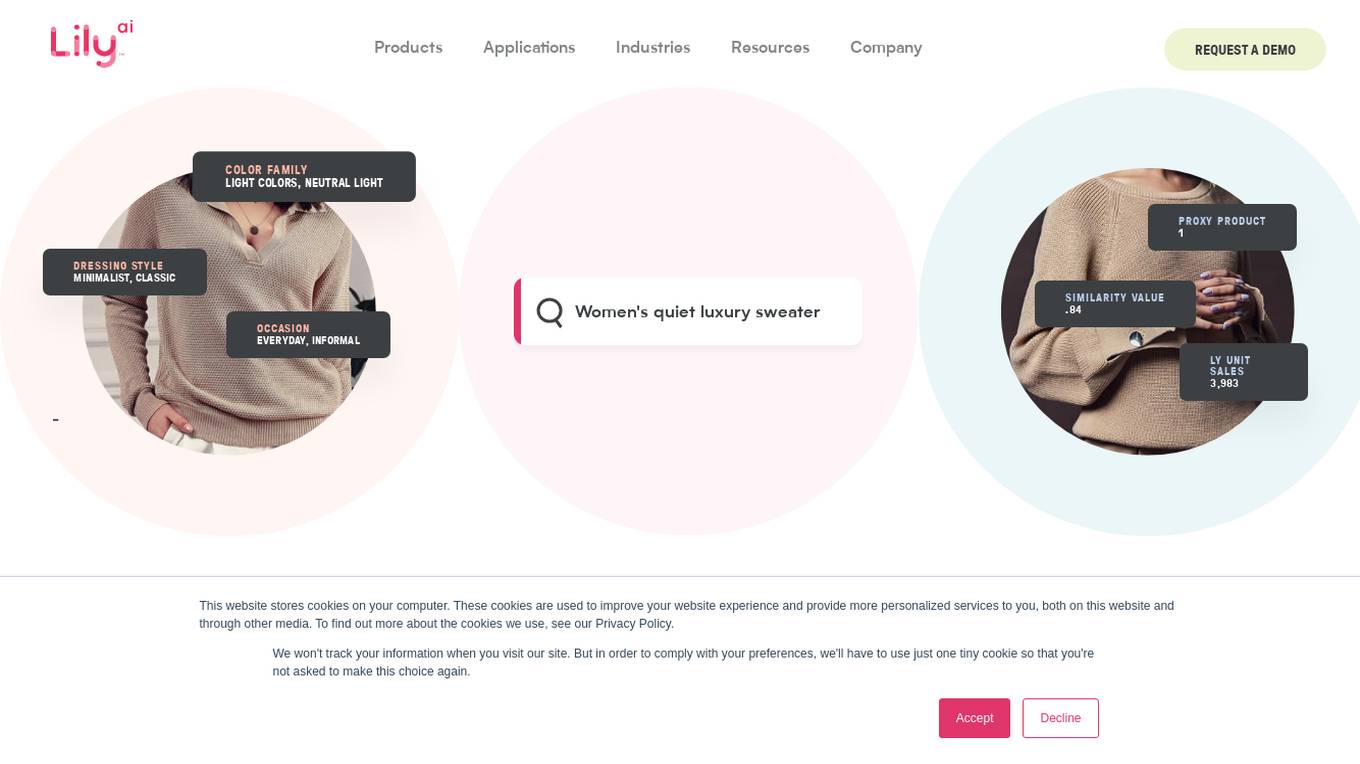
Lily AI
Lily AI is an e-commerce product discovery platform that helps brands increase sales and improve customer experience. It uses artificial intelligence to understand the language of customers and inject it across the retail ecosystem, from search to recommendations to demand forecasting. Lily AI's platform is purpose-built for retail and turns qualitative product attributes into a universal, customer-centered mathematical language with unprecedented accuracy. This results in a depth and scale of attribution that no other solution can match.
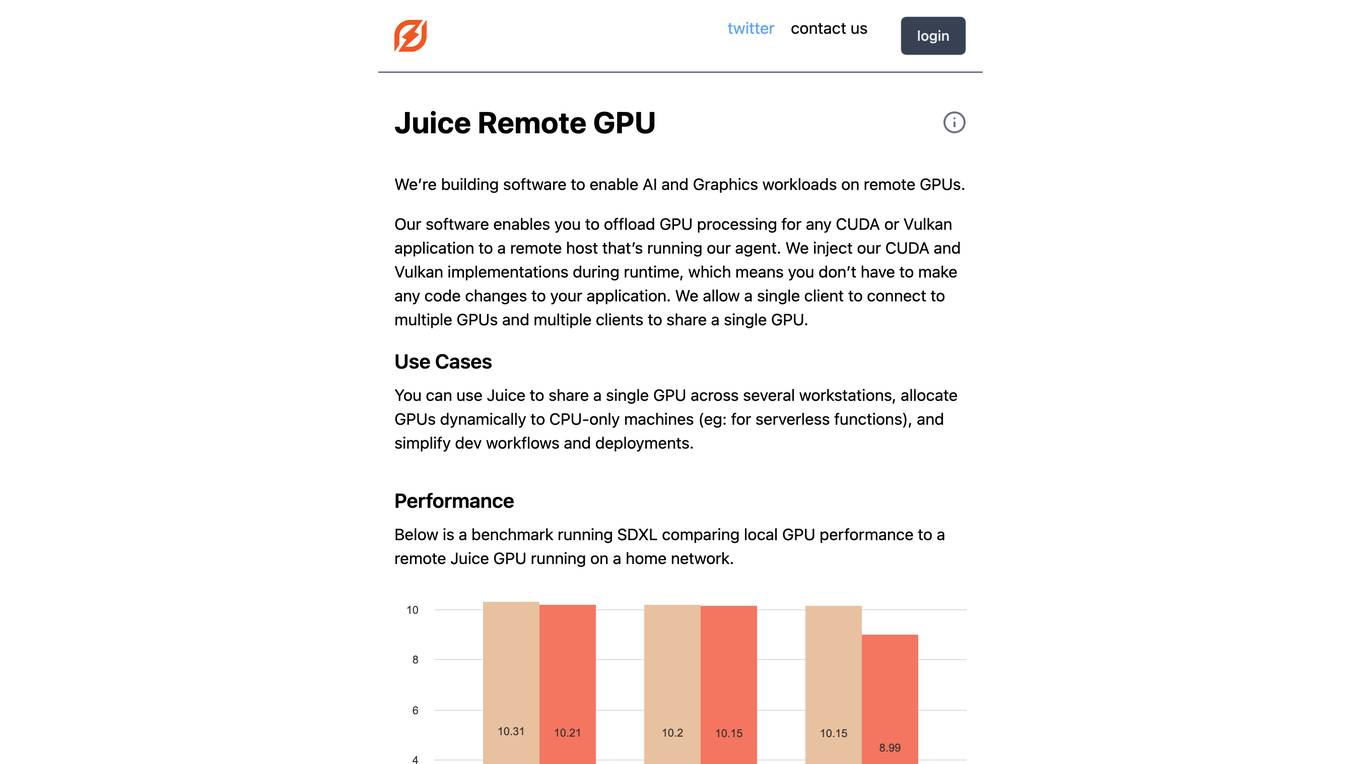
Juice Remote GPU
Juice Remote GPU is a software that enables AI and Graphics workloads on remote GPUs. It allows users to offload GPU processing for any CUDA or Vulkan application to a remote host running the Juice agent. The software injects CUDA and Vulkan implementations during runtime, eliminating the need for code changes in the application. Juice supports multiple clients connecting to multiple GPUs and multiple clients sharing a single GPU. It is useful for sharing a single GPU across multiple workstations, allocating GPUs dynamically to CPU-only machines, and simplifying development workflows and deployments. Juice Remote GPU performs within 5% of a local GPU when running in the same datacenter. It supports various APIs, including CUDA, Vulkan, DirectX, and OpenGL, and is compatible with PyTorch and TensorFlow. The team behind Juice Remote GPU consists of engineers from Meta, Intel, and the gaming industry.

Osmo
Osmo is an AI scent platform that aims to digitize the sense of smell, combining frontier AI and olfactory science to improve human health and wellbeing through fragrance. The platform reads, maps, and writes scents using modern AI tools, enabling the discovery of new fragrance ingredients and applications for insect repellents, threat detection, and immersive experiences.
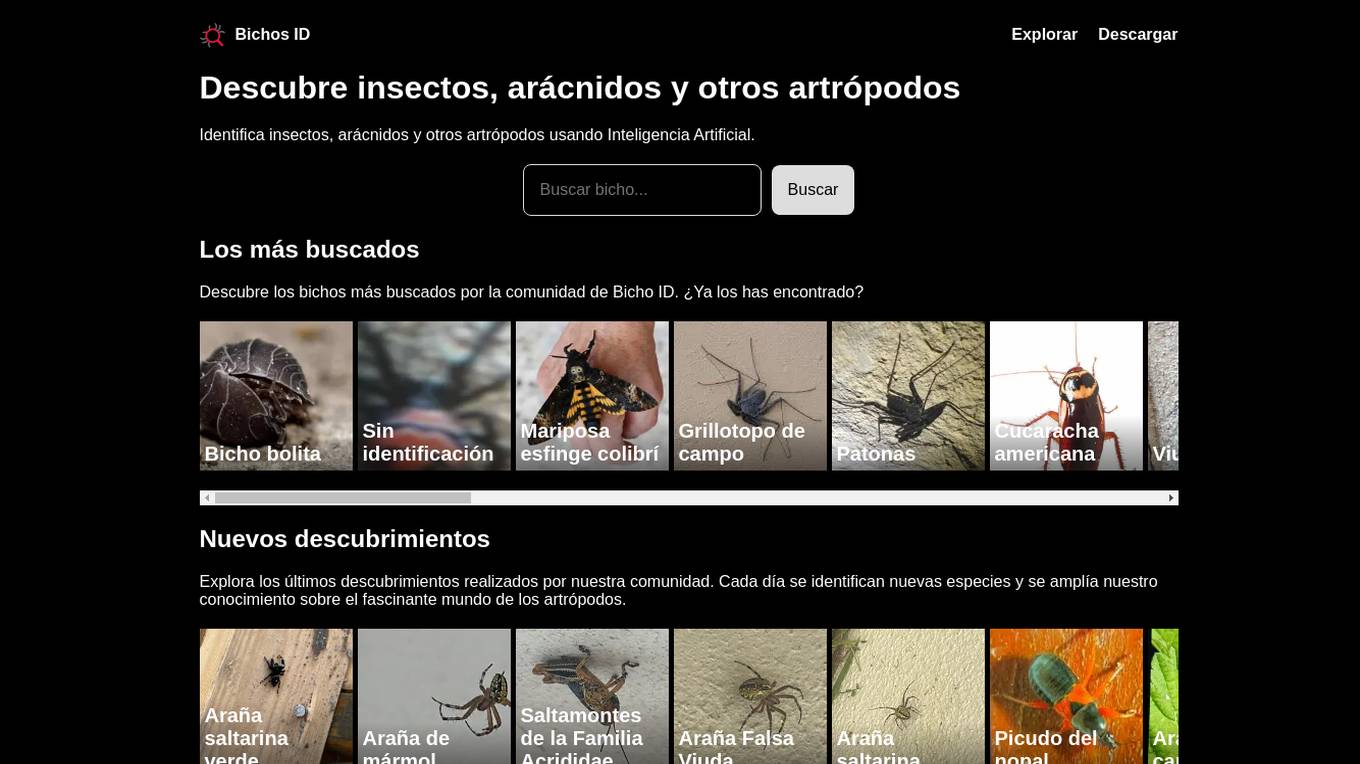
Bichos ID de Fucesa
Bichos ID de Fucesa is an AI tool that allows users to explore and identify insects, arachnids, and other arthropods using artificial intelligence. Users can discover the most searched bugs, explore new discoveries made by the community, and view curated organisms. The platform aims to expand knowledge about the fascinating world of arthropods through AI-powered identification.
1 - Open Source AI Tools
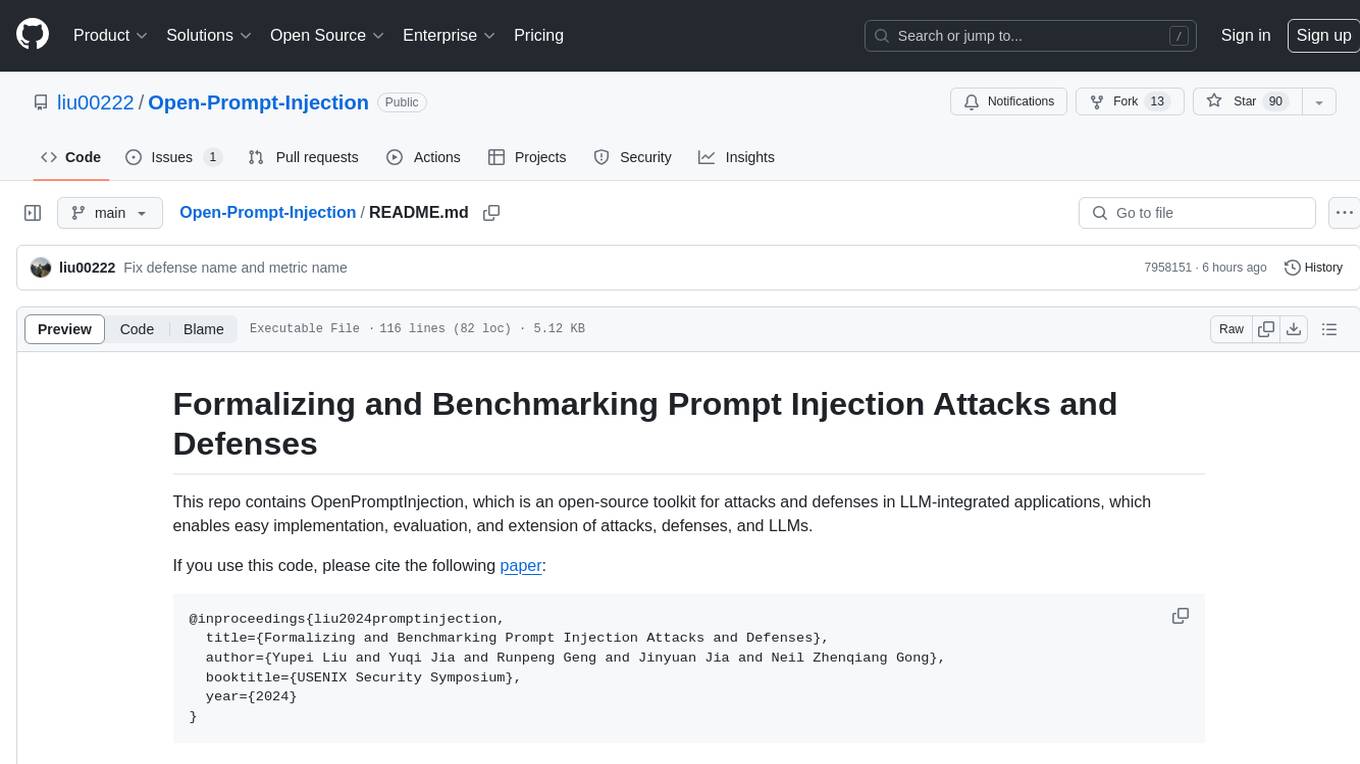
Open-Prompt-Injection
OpenPromptInjection is an open-source toolkit for attacks and defenses in LLM-integrated applications, enabling easy implementation, evaluation, and extension of attacks, defenses, and LLMs. It supports various attack and defense strategies, including prompt injection, paraphrasing, retokenization, data prompt isolation, instructional prevention, sandwich prevention, perplexity-based detection, LLM-based detection, response-based detection, and know-answer detection. Users can create models, tasks, and apps to evaluate different scenarios. The toolkit currently supports PaLM2 and provides a demo for querying models with prompts. Users can also evaluate ASV for different scenarios by injecting tasks and querying models with attacked data prompts.

